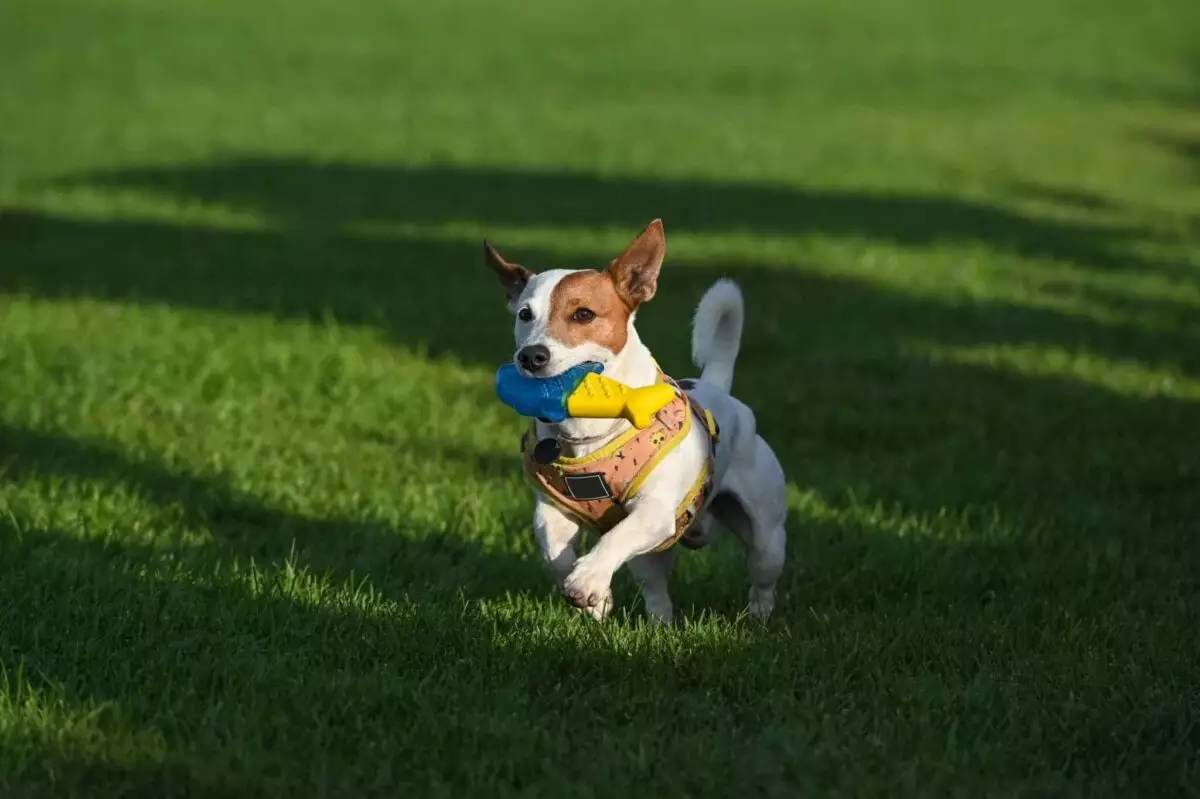As individuals age, the desire for companionship often remains strong; dogs can provide the unconditional love and emotional support that many older adults seek. However, selecting the right dog breed is crucial, especially for seniors whose physical capabilities and daily routines may differ significantly from those of younger dog owners. Different breeds have unique temperaments, exercise needs, and sizes, all of which must at least mildly align with the lifestyle of the prospective owner. Here, we explore which dog breeds may not be ideal for seniors so they can make informed and satisfying choices in their quest for a furry companion.
Certain breeds are renowned for their exuberance and need for extensive physical activity, which can pose challenges for seniors. For instance, the Siberian Husky is infamous for requiring vigorous daily exercise and often engages in escape attempts that can confuse owners who may not have the strength or agility to keep up. The independence and stubbornness of Huskies complicate training further, making them less than ideal.
Similarly, Border Collies are celebrated for their intelligence but can be overwhelming due to their unquenchable need for constant mental and physical stimulation. Engaging these breeds in agility or other challenging activities is essential to manage their boredom, which can lead to destructive behaviors. A relaxed lifestyle can prove too slow-paced for these energetic canines.
Size plays an essential role in the compatibility of dogs with older adults. German Shepherds, while incredibly trainable and loyal, possess a strong protective instinct and high energy levels. Their requirement for disciplined exercise and socialization can be daunting for seniors who might consider a calmer companion.
Dogo Argentinos are another breed fraught with potential issues. Although they are fiercely loyal, their strength can be overwhelming, creating managerial challenges for seniors lacking experience. The territorial nature of these dogs necessitates a firm hand in training, which might be a cumbersome task for some older individuals.
Even breeds celebrated for their gentle temperament, such as Great Danes, come with their own set of challenges. Their sheer size can create difficulties in daily management, particularly for those with mobility issues. Furthermore, the breed’s shortened lifespan can lead to increased vet visits for health issues, posing another layer of complication for seniors.
Some small breeds can also turn out to be more than what seniors bargain for. Jack Russell Terriers, for example, may be small in stature but are notorious for their feisty personalities and boundless energy. Their hunting instincts and stubborn nature can make training particularly challenging, potentially frustrating older individuals seeking a more manageable pet. Often, they require more interaction and engagement than what most seniors can provide.
Another high-energy breed to consider is the Australian Shepherd, originally bred for herding. Their need for constant activity and jobs to do may make them unsuitable for seniors leading a more relaxed lifestyle. The potential for anxiety and destructive behavior in the absence of stimulation adds complexity to their care.
The temperament of a dog can significantly affect its compatibility with seniors. Rottweilers, while often referred to as gentle giants when trained diligently, require strong leadership and socialization to keep aggressive behaviors in check due to their size and strength. This level of care can be too demanding for older adults, especially those lacking prior dog ownership experience.
Maintaining a dog’s mental health also plays a vital role. For example, Weimaraners thrive on exercise and can suffer from separation anxiety if left alone for long periods. Their energetic disposition makes them better fits for families with a more active lifestyle than for seniors seeking a steady companion.
In light of these considerations, it becomes evident that some dogs require abundant energy, size management skills, or experience that not all seniors possess. Choosing a breed that caters to an older adult’s lifestyle needs can foster a nurturing, joyful relationship between them and their canine companion. Conversely, high-energy or challenging breeds can lead to frustration for both parties, undermining the companionship seniors seek.
Ultimately, it is essential when selecting a dog breed for seniors to weigh energy levels, size, and temperament against their abilities and lifestyle. A thoughtful choice will result in a rewarding companionship that stands the test of time, offering both love and delight to the golden years of life. Gentle, low-maintenance breeds are more likely to offer the joy that many seniors are searching for without the significant demands that can arise with more vigorous breeds.

